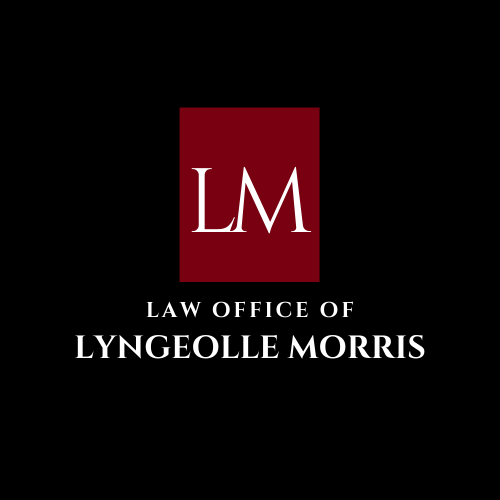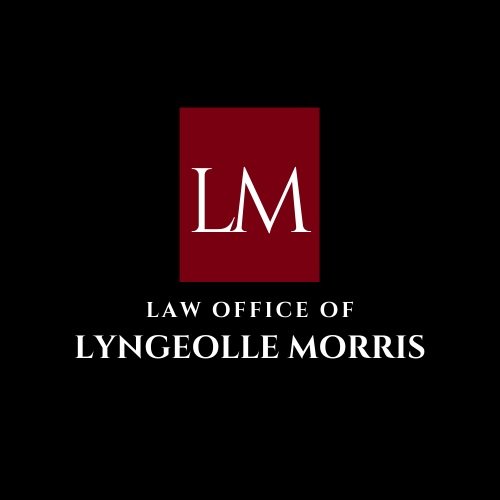What Paperwork Do I Need To Sell My Property in Barbados?
Whether you are looking to sell a residential, commercial or agricultural property which you own or which you have authority to sell, you will want to make sure that you have certain things in place before proceeding with having the property sold.
An important component of transferring property is having all the relevant documentation is in place which will be necessary for completing the sale.
In this article, we will consider some of the important documents you should begin to gather when preparing to sell your property. By putting these documents in place, this will give you a head start when proceeding with your real estate transaction.
Here are some of the critical documents you should have ready if you are looking to sell your property in Barbados.
Proof of Identity and Address
Barbadian residents
Before you can begin the process of selling your property, you will need to gather documents that prove your identity and address. As the selling of the property is a significant asset, your attorney will typically require a form of identification regarding who will be the vendor in the real estate transaction as well as your permanent address.
Examples of proof of identity documents that will be requested include: a national identification Card, driver’s license, passport.
Examples of proof of address documents include: a utility bill, a statement from a financial institution, any other document which can confirm your permanent address.
Non-residents
For non-residents, these documents should be the original documents or notarized copies of the originals. It should be noted that non-residents require permission from the Exchange Control Authority of Barbados when purchasing real estate in Barbados. If you are a non-resident of Barbados, you should first consult your attorney about this process.
Companies
Where the sale is being carried out by a company, you will be required to furnish your attorney with the certificate of incorporation, by-laws, any board resolutions authorising the transaction, information on the registered office of the company, the beneficial owners and information on the authorised officer executing the documents on behalf of the company.
You should also provide your attorney with contact details so that you may be readily contacted for updates on the transaction.
Proof of Ownership
The title documents are critical for proving ownership of the property. The title deeds will outline the date the property was transferred to you or to the company, the purchase price, the names of the vendor and the purchaser at the time of the transaction as well as the legal description of the property and any covenants affecting the property.
If you are unable to trace the title documents, you should conduct a thorough search before transacting business. In some cases, you may have deposited them with a financial institution for safekeeping, or they may have been held with a financial institution pending the repayment of a loan, as is customary in some instances.
If you have not been able to locate your title documents, you may be required to make an application to the Registrar of Titles to have the deed restored. If this is the case for you, you should contact an attorney who will be able to help guide you through this application process.
In some cases, the property may be sold by the Executor or Administrator of an estate. In this case, you will need to provide the original title deeds which the deceased had in his or her possession to prove his or her ownership as at the date of his or her death.
Mortgage Deed or Mortgage Discharge
If the property you wish to sell has a subsisting mortgage, you should inform your attorney about this. Typically, the mortgage deed will be held by the lending institution. Therefore you should furnish your attorney with the details of the mortgage and the financial institution that has an subsisting interest. You should determine whether the mortgage will be paid off before or upon completion of the sale.
Alternatively, if the property was previously subject to a mortgage but has now been fully repaid, you should obtain the deed which discharges the mortgage, also known as the ‘deed of release’. This will be a critical document showing evidence that all monies have been paid off and that the financial institution has released you from any further obligations under the mortgage.
Town and Country Planning Compliance
If the property in question had any alterations within 4 years prior to the sale, you should furnish information about any development made to the property. According to the Town and Country Development Office, ‘development’ refers to any building, engineering, mining or other operation on, over or under the land. It also includes making any material changes in the use of any building or land or the subdivision of land. You should therefore disclose the relevant details about whether there was any development to the property to ensure compliance with Town and Country Planning regulations.
Survey Plan
You should ensure that you have the survey plan readily available as this will need to be issued to the new owner. This may be the survey plan you received when you became the legal owner of the property or this may be a more updated survey plan.
The survey plan contains the map of the parcel of land (and building, if included), the name of the owner of the land, the location of the surveyed property, the size of the land, the boundaries, and any other critical physical features. The survey will also contain the signature of the surveyor and the date is was drawn up.
Most Recent Land Tax Bill, Receipt, Certificate
You will also need to have your most recent land tax bill, land tax receipt and clearance certificate readily available as all land taxes are required to be paid in full before effecting the transfer of the property.
Most Recent Utility Bills – Water & Power
If the property has utilities, particularly if there is a building on the parcel of land, you should also have evidence of up-to-date payments of any utilities for the property. These should be given to your attorney so that he or she can formally notify the utility companies about the transfer of ownership.
Documents that will be prepared by the Attorney
Your attorney will prepare a number of critical documents in order to give effect to the transfer of the property. Two important documents will be the Sale/Purchase Agreement which outlines the terms and conditions of the sale/purchase between you and the buyer. Another important document will be the Conveyance which will transfer ownership from you to the new buyer. Both of these documents will need to be signed either by you or a person authorised to execute these documents.
Conclusion
To recap, here’s a list of the documents that you will need when selling your property in Barbados.
Proof of Identity and Address
Proof of Ownership of the Property
Mortgage Deed or Mortgage Discharge (if relevant)
Town and Country Planning Compliance
Survey Plan
Most Recent Land Tax Bill, Receipt, Certificate
Most Recent Utility Bills – Water, Light (if relevant)
Documents that will be prepared by the Attorney - Sale Agreement and Transfer Deed
By beginning the process of gathering these documents ahead of time, this would enable you to anticipate a smooth transfer of ownership.
Questions?
Have questions about the above documents or related queries about property transfers in Barbados? To find out more, you may contact our office and we would be pleased to address your concerns. Click here to get in touch.
Or want to learn more about the conveyancing process in Barbados?
Read this article which guides you through the step-by-step process involved when transferring property in Barbados.


